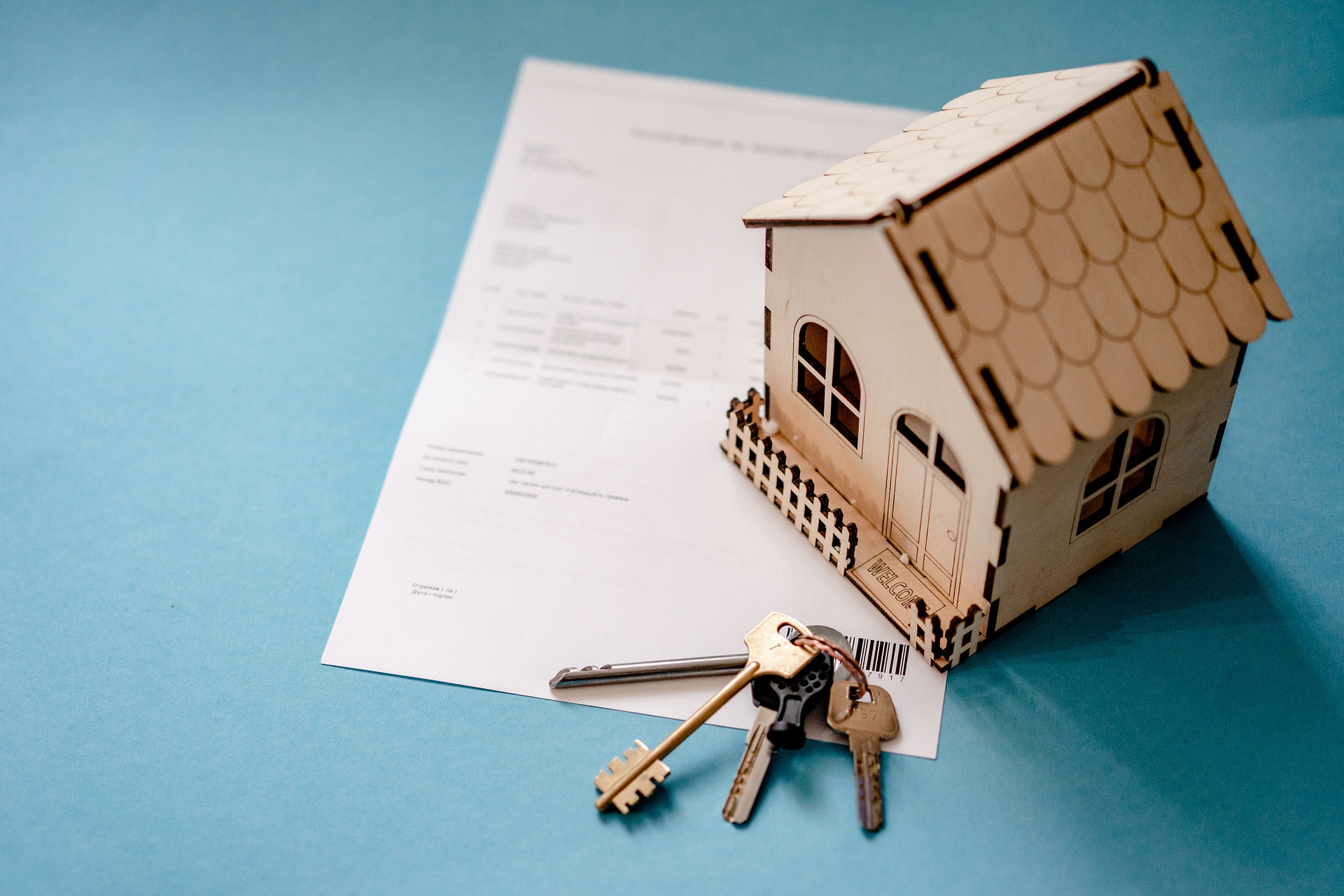Real estate is one of the only investments that you can profit from just about anywhere in the world. It’s one of the oldest investment strategies in the book. If we take an old-timey approach to investing in real estate, there’s a lot to learn before starting this journey. And that’s what we’ll do here. We want to help you better understand how to invest in real estate. Let’s get started.

How to Invest in Real Estate
Let’s say that you have enough capital for low-risk investment. At this point, it’d make sense to start looking into how to invest in real estate. Here are some great tips on how to get started now.
Step 1: Find a Real Estate Lawyer
One of the biggest mistakes that people make when investing in real estate is not having a lawyer on their side. When you’re taking ownership of any property, there are legalities that you need to be aware of. Some of these legalities include things like taxes, zoning laws, and tenant rights. Of course, it is possible to research all of this information independently. But why bother? If you’re serious about investing in real estate, find yourself a reasonable attorney with experience in land use today. By hiring lawyers who offer services to real estate investors, you can save yourself hours that would be wasted looking into the various laws that affect your investments.
Step 2: Find an Investment Agency Near You
Once you have your lawyer on your side, it’s time to start looking for an investment agency. This will allow you to take advantage of some fantastic deals on properties across the country (or world).
Property investment companies, like UK-based rw-invest.com, can help make this entire process much easier. They can assist with helping you understand the more intricate details behind the big decisions (for example, which investment strategy is the best fit for your needs).
These agencies/companies also work as middlemen between buyers and sellers by finding appropriate deals and moving them along. Finding an investment agency can be difficult, but your real estate lawyer should be able to point you in the right direction. Once you have found one near you with a decent amount of experience, it’s time to start looking into deals and properties.
Step 3: Filter Deals and Properties with Your Investment Agency
The next step is filtering through all of those deals and properties with your investment agency. Whether you’re looking for raw land or office spaces, agencies can find what you need. They know their inventory better than anyone else, so they’ll be able to help narrow down what’s available for purchase and what has potential. You can use basic criteria such as location, price, and size to filter through properties until you find something that fits you.
Step 4: Consider a Budget That Works For You
Above all else, you need to consider your budget when investing in real estate. This is where many investors make their first mistake. They dive right into a deal without considering how much money they’ll have to use on the investment itself. When considering how much of your capital you want to invest, remember this: never more than 20 percent of what you make per year. If you can comfortably afford to put 20 percent of your yearly income into an investment property, then go for it. If not, then look into other available ways to fund these investments. Some options include taking out mortgages or business loans. Just be aware of the interest rates and how long you plan on keeping the property before buying it.
Step 5: Put a Deal on Paper
Now that you have the perfect property in mind, it’s time to put a deal on paper. Your investment agency can help with this, but you need to be prepared. This means writing out the purchase price for the property and how much money you expect to spend on taxes and renovations. If you know what your expenses will be, then it will be easier for you to make a profit with the property as soon as possible.
Step 6: Consider Other Costs Associated with Real Estate Investments
When investing in real estate, there are many other costs that you should consider before starting. Part of this process means setting aside money for taxes and insurance. But depending on where you invest, there might be even more expenses. For example, if you invest in oil refineries or airplane lanes, these areas can require extensive safety equipment. Think about all of the things that could go wrong during the deal process and plan so that everything goes smoothly. Once you have these extra costs associated with your investment property, it’s time to sit down and do the math. How much money will you be able to make on the deal? What sort of expenses will come up during this process? And how long will all of these costs take before making a profit for you? All of this information is crucial when investing in real estate.
Step 7: Get That Investment Property
Once all of your ducks are in a row, and you have done your research, it’s time to get that investment property. Your agency will handle the details from there. They’ll guide you through writing an offer for the seller and negotiating a purchase price with them. Then they’ll work quickly with your lawyer to finalize everything, and you’ll be the proud owner of your new real estate trust fund investment. From there, it’s all about getting the keys in your hand and starting work on that property.

Step 8: Think About Property Management
Once you have an investment property, you might want to consider hiring a professional management agency. This is especially true if you are looking for rental properties instead of single-family homes. The truth is, being a landlord can be stressful. Even if you do everything right, people will still call at 2 am when they lock themselves out of their apartment. You need to worry about so many other details and things beyond upkeep and maintenance. It’s best left to professionals if possible.
The most challenging part of investing in real estate is getting started, and the first few investments are often the most nervous ones. You may have heard hundreds or perhaps thousands of cautionary tales on how not to invest or made unwise investments yourself. The steps mentioned above provide you with a safe, step-by-step process to start investing in real estate.
















